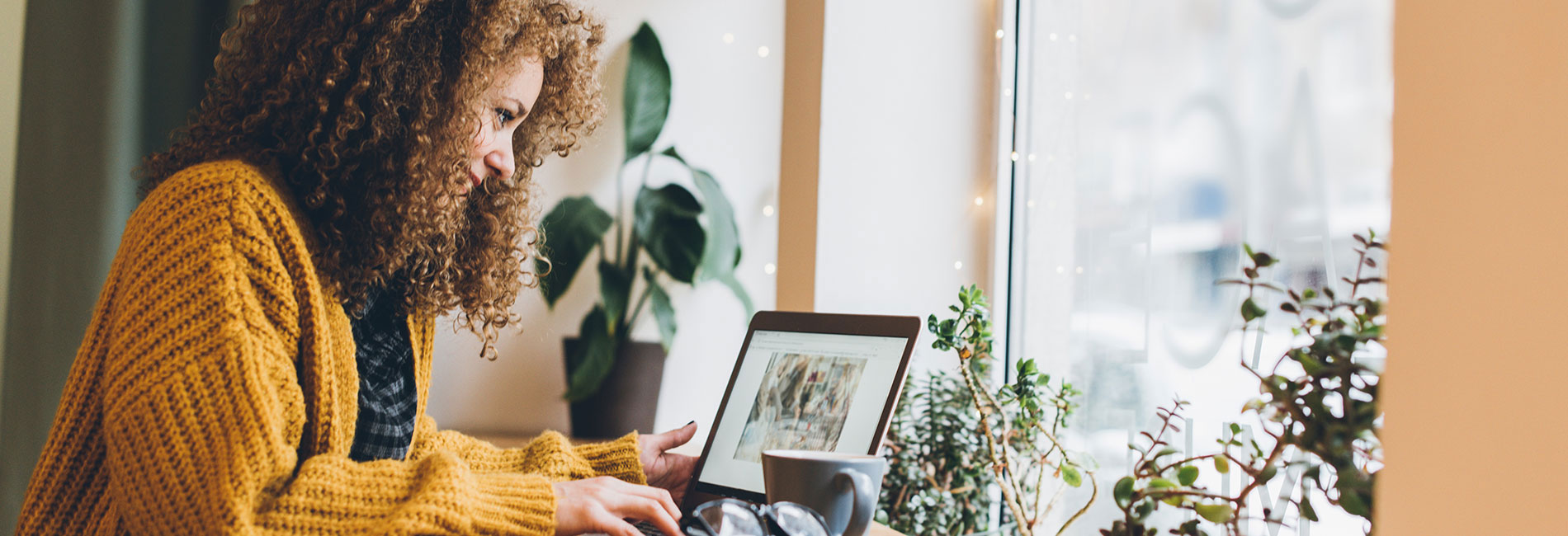If you’ve been on a cleaning binge lately, then you’ve likely encountered at least one particularly challenging job. Despite your best judgment or reflection upon our usual helpful blogs, this tough cleaning job could tempt you to consider – or reconsider – combining household cleaning products to achieve the best results possible. However, mixing cleaning agents is a no-no. Simply put, it’s usually a bad idea since toxic combinations can emit dangerous fumes and/or erode surfaces in your home. To avoid lease penalties in the future, here are a couple of products that you should refrain from layering altogether.
- Bleach and Vinegar: These two ingredients produce chlorine gas, which can cause coughing, breathing problems, and burning, watery eyes, even at low levels.
- Baking Soda and Vinegar: Though a popular solution for DIY cleaning, baking soda, and vinegar mixed will mostly result in water once the initial reaction has occurred. If you store these two agents in the same closed container, the mixture might also explode.
- Bleach and Ammonia: Bleach and ammonia produce a toxic gas called chloramine, which can result in many of the same symptoms as chlorine gas, along with shortness of breath and chest pain. Many glass and window cleaners contain ammonia, so never mix those with bleach.
- Two Different Drain Cleaners: Are two drain cleaners better than one? The answer is no. These powerful formulas should never be mixed, as they could explode if combined.
- Hydrogen Peroxide and Vinegar: When used separately on a surface and wiped down in-between, hydrogen peroxide and vinegar are safe. However, mixing them in the same container creates peracetic acid, which can be toxic and can irritate the skin, eyes, and respiratory system.
- Bleach and Rubbing Alcohol: As a rule, bleach should never be mixed with anything other than water. In fact, if you mix it with rubbing alcohol, you’ll have chloroform on your hands, which can be irritating and toxic.
Westmount at Copper Mill Apartments in Houston, Texas


